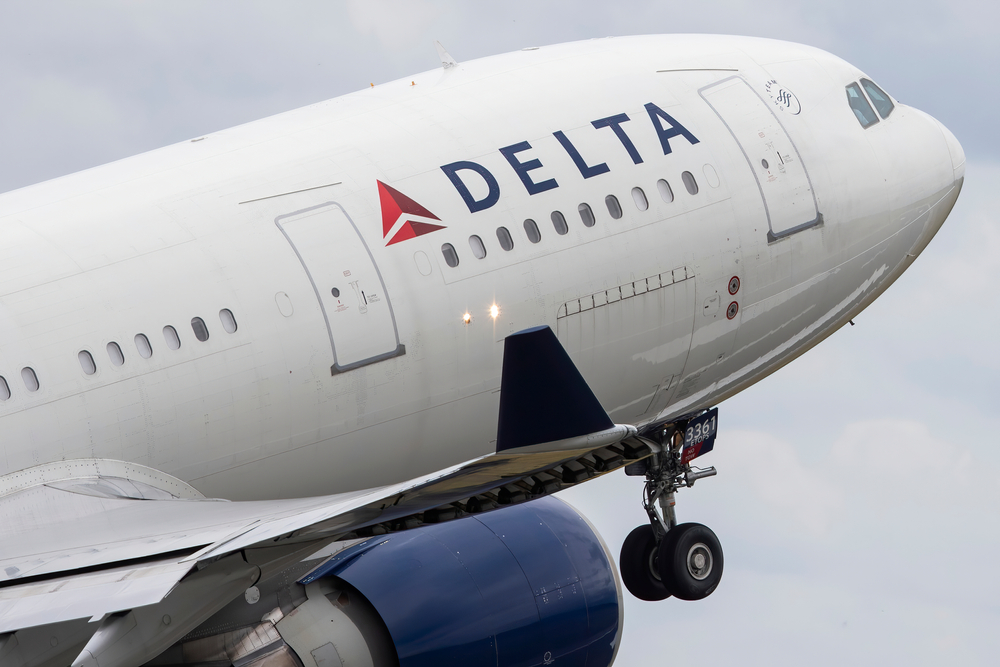Delta Adjusts Financial Outlook Due to Trade Policy Impact
Delta Air Lines will not expand its flying capacity in the second half of the year due to disappointing bookings attributed to President Donald Trump’s shifting trade policies, which CEO Ed Bastian called “the wrong approach.”
On Wednesday, Delta forecast a slight revenue decline of up to 2% or growth of 2% over last year, while Wall Street had expected a 1.9% increase. The airline’s adjusted earnings per share forecast ranged from $1.70 to $2.30, compared with analysts’ estimate of $2.23 a share.
Delta Adjusts 2025 Outlook and Faces Growing Uncertainty
Delta said it’s too early to update its 2025 financial guidance but emphasized its expectation to remain profitable this year. This follows a recent reduction in its first-quarter earnings outlook, citing weaker-than-expected corporate and leisure travel demand.
In a shift from earlier optimism, Bastian acknowledged concerns about consumer spending and the negative impact of Trump’s policies. Last November, he had praised the Trump administration’s approach to industry regulation as likely to be a “breath of fresh air,” but now he expressed caution due to declining consumer confidence and corporate hesitation.
Impact of Shifting Trade Policies on Air Travel Demand
Bastian stated that, while demand was strong in January, it slowed in mid-February, with business travel decreasing as companies rethink their travel strategies. The Trump administration’s government workforce cuts and market volatility contributed to this downturn. However, international and premium travel segments have remained relatively resilient.
Delta had initially planned a 3% to 4% increase in capacity for the second half of 2025 but now expects capacity to remain flat year-over-year. Analysts at TD Cowen predict that other airlines will also announce similar capacity reductions in the coming months.
Trade Uncertainty and Potential Impact on Aerospace Industry
Trade uncertainties, particularly with tariffs and retaliatory duties, could affect the cost of imported components for the U.S. aerospace industry. Bastian noted that Delta would defer any Airbus aircraft affected by tariffs, as Airbus produces planes in Europe but uses imported components in its Alabama factory.
Delta’s Performance for Q1 2025
In the first quarter of 2025, Delta reported a net income of $240 million, a significant rise from $37 million last year. Revenue increased by 2% year-over-year to $14.04 billion. Adjusted earnings per share were 46 cents, up 2% from last year, surpassing Wall Street expectations. Adjusted revenue of $12.98 billion met analysts’ predictions.







